9 GPTs for Time Series Powered by AI for Free of 2026
AI GPTs for Time Series are advanced generative pre-trained transformer models tailored specifically for analyzing and predicting time-series data. These tools leverage the power of GPT architectures to understand, interpret, and forecast data points that are indexed in time order. This specialization makes them incredibly relevant for tasks that require insights into trends, seasonal patterns, and future projections in various fields such as finance, meteorology, and healthcare. By harnessing the capabilities of GPTs, these tools offer customized solutions that cater to the dynamic and often complex nature of time-dependent data.
Top 9 GPTs for Time Series are: Econometrics GPT,InfluxDBexpert,Advanced Statistic GPT,Data Insight Analyst,Stata Command Assistant,MSc Quantitative Methods In R,Acycle Helper,AS Seasonal Adjustment GPT v. 1.1,Upskill Ops Statistics in Big Data 3
Econometrics GPT
AI-powered econometrics analysis tool

InfluxDBexpert
AI-powered expert for InfluxDB integration

Advanced Statistic GPT
Empowering Data Insights with AI
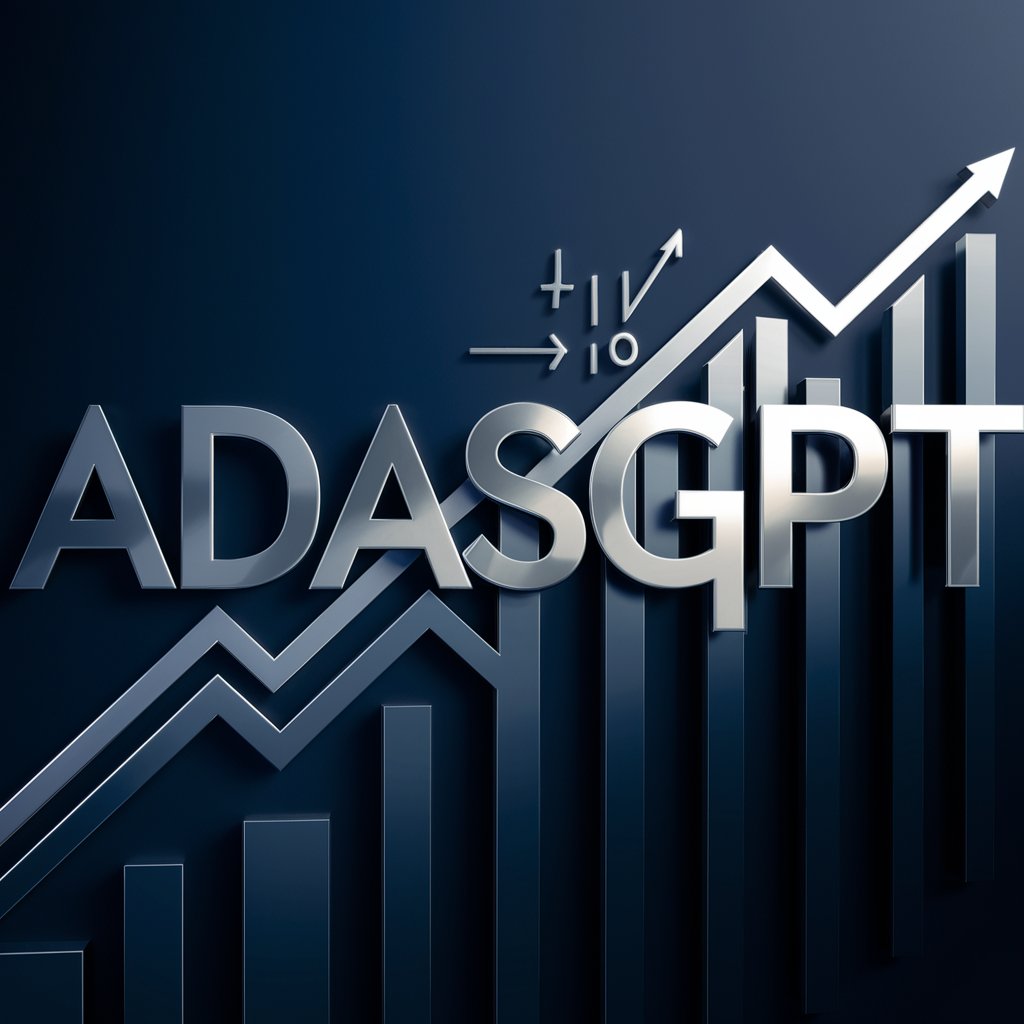
Data Insight Analyst
Empowering insights with AI analysis
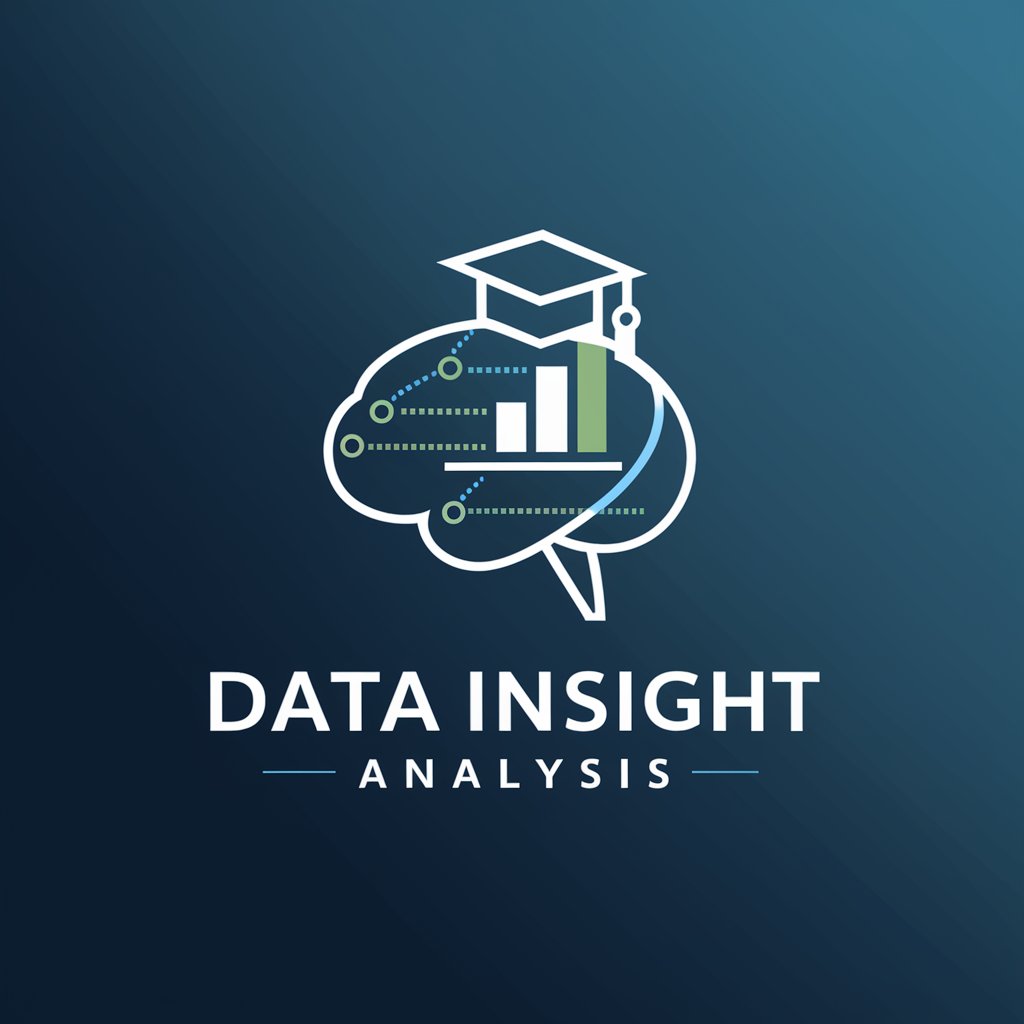
Stata Command Assistant
Empowering your data analysis with AI
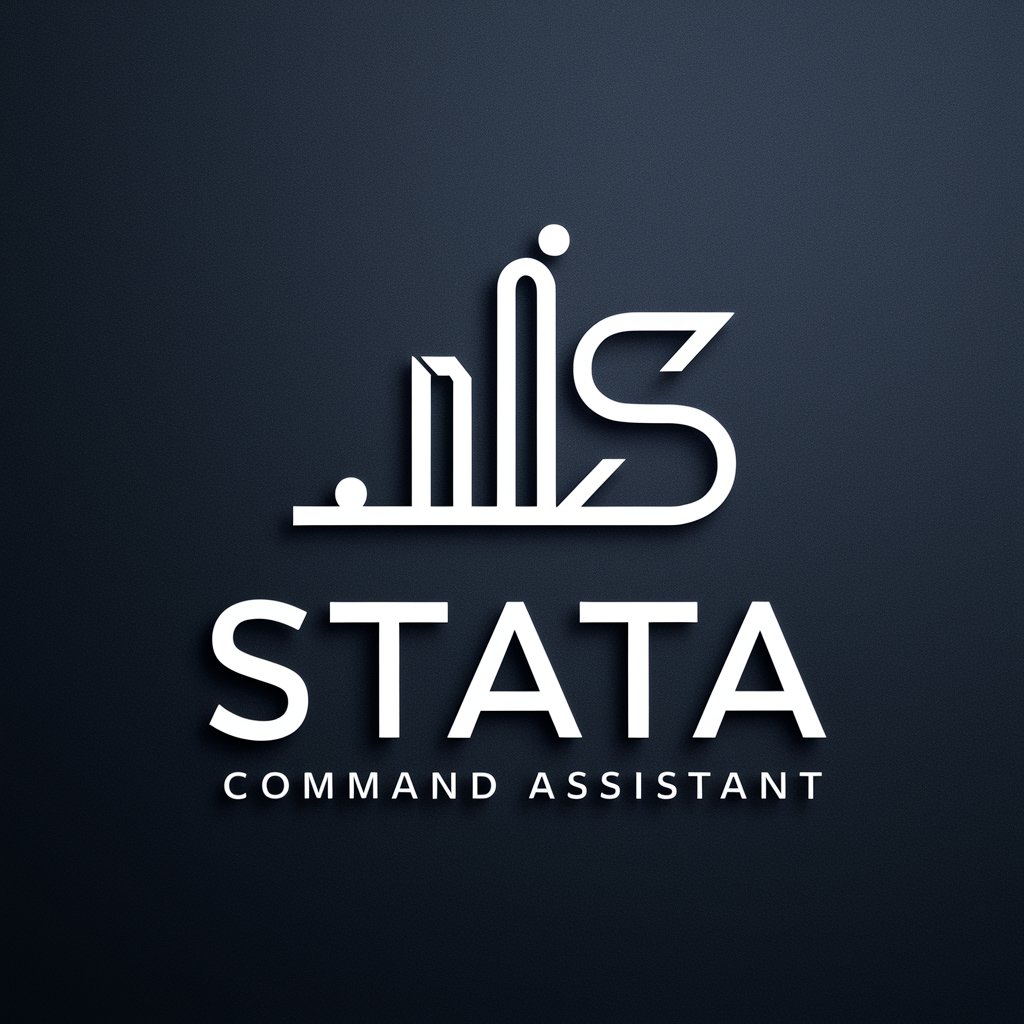
MSc Quantitative Methods In R
Empowering Financial Analysis with AI

Acycle Helper
Decipher Earth's rhythms with AI

AS Seasonal Adjustment GPT v. 1.1
Refine time series data with AI-driven adjustments
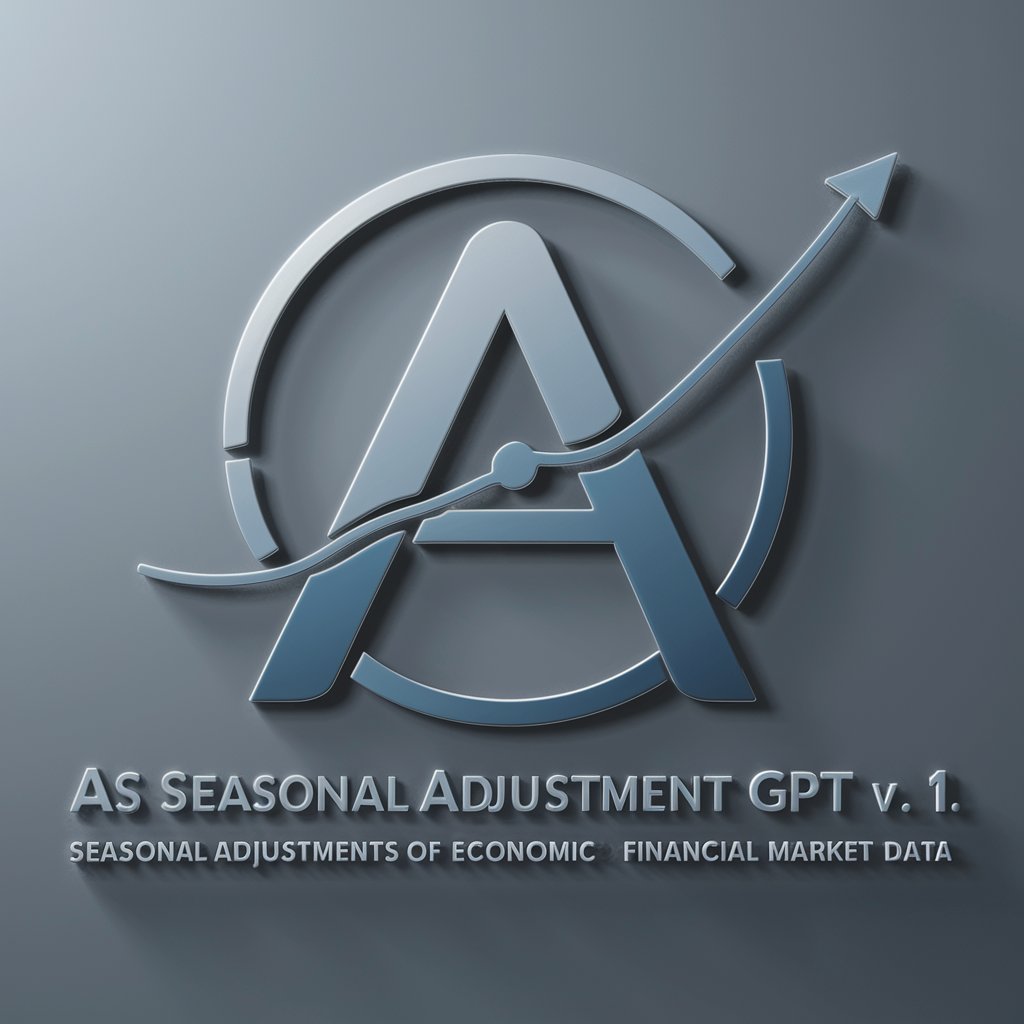
Upskill Ops Statistics in Big Data 3
Empowering Big Data Analysis with AI
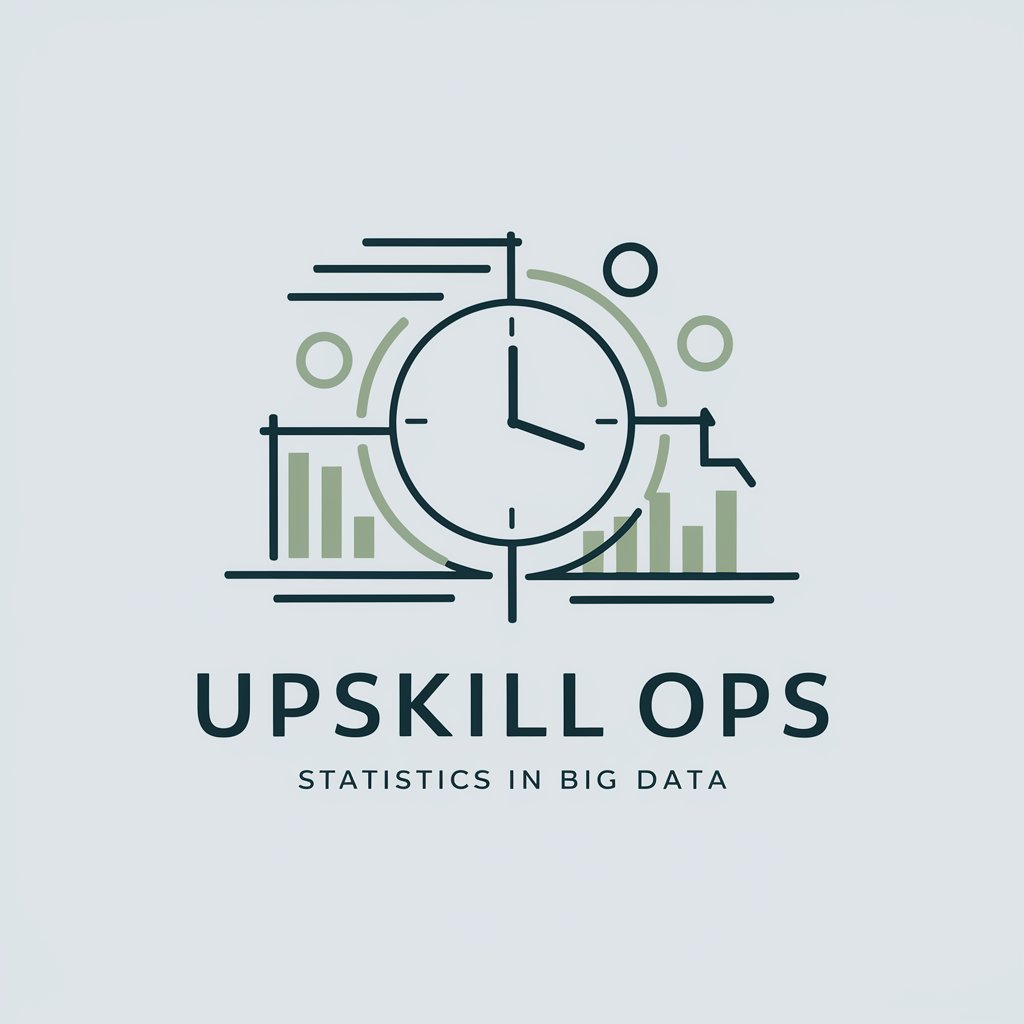
Key Attributes of Time Series AI Tools
AI GPTs for Time Series boast unique features that set them apart, including sophisticated algorithms for time series forecasting, anomaly detection, and trend analysis. These tools are adaptable, scaling from basic pattern recognition to advanced predictive analytics. Special features may encompass natural language processing for intuitive query handling, integrated technical support, web-based data fetching, visual representation of data trends, and robust data analysis capabilities. This versatility allows the tools to deliver precise insights and forecasts, making them invaluable assets in time-sensitive decision-making processes.
Who Benefits from Time Series AI?
The primary beneficiaries of AI GPTs for Time Series include industry professionals, data scientists, financial analysts, and researchers who require in-depth analysis and forecasting of time-series data. These tools are also accessible to novices and enthusiasts interested in exploring time-dependent data patterns without extensive coding knowledge. For developers and advanced users, the tools offer extensive customization and integration options, enabling them to tailor the AI's capabilities to specific project needs or integrate them into existing software ecosystems.
Try Our other AI GPTs tools for Free
PAMM Accounts
Discover how AI GPTs revolutionize PAMM account management with tailored solutions, offering predictive analytics, automated strategies, and intuitive interfaces for all user levels.
Platform Tutorials
Discover how AI GPTs transform learning on platforms with personalized, interactive tutorials. Ideal for beginners to professionals, these tools adapt to every learning style.
Schedule Updates
Explore how AI GPTs for Schedule Updates revolutionize time management with smart, adaptable, and user-friendly scheduling solutions.
Systematic Reviews
Discover how AI GPTs for Systematic Reviews revolutionize research with automated literature analysis, designed for both novices and experts.
Literature Assessment
Discover how AI GPTs for Literature Assessment transform the analysis and evaluation of literary works, making in-depth literary analysis accessible and efficient for all.
Item Creation
Explore how AI GPTs revolutionize Item Creation with adaptable, precise tools designed for innovators at all levels, simplifying the process of bringing ideas to life.
Expanding Horizons with Time Series AI
AI GPTs for Time Series are not just tools for data analysis; they represent a paradigm shift in how we approach time-dependent data. With user-friendly interfaces, these AI solutions democratize data science, making advanced analytics accessible to a broader audience. Their integration capabilities mean they can seamlessly become a part of existing systems, enhancing decision-making processes across various sectors. As these tools continue to evolve, they will likely play a pivotal role in predictive analytics and strategic planning.
Frequently Asked Questions
What are AI GPTs for Time Series?
AI GPTs for Time Series are specialized AI models designed for analyzing and forecasting data that changes over time. They leverage GPT architectures to provide insights into trends and make predictions based on historical data.
How do these tools handle time series data?
These tools analyze time-indexed data sequences, identifying patterns, anomalies, and trends. They use sophisticated algorithms to forecast future values based on past and current data points.
Can non-experts use these AI tools effectively?
Yes, these tools are designed with user-friendly interfaces that make them accessible to non-experts. They often include guided workflows and natural language processing capabilities, allowing users to interact with the tool without needing advanced technical skills.
Are there customization options for developers?
Absolutely. Developers can access APIs and programming interfaces to customize the AI's functionality, integrate it with other software, or adapt it to specific use cases and data types.
What sectors can benefit from Time Series AI GPTs?
Various sectors including finance, healthcare, energy, retail, and environmental sciences can benefit from the predictive insights and trend analysis provided by these AI tools.
Can these tools predict future trends accurately?
While these tools are highly sophisticated and can provide accurate forecasts, the precision of predictions can vary based on data quality, the complexity of the model, and the inherent unpredictability of certain variables.
Do these AI models support real-time data analysis?
Many AI GPTs for Time Series are capable of processing real-time data, allowing for up-to-the-minute analysis and forecasting, which is crucial for time-sensitive decision-making.
How do these tools integrate with existing systems?
These tools often come with APIs and support various data formats, making it easier to integrate them into existing systems or workflows without significant changes to the infrastructure.